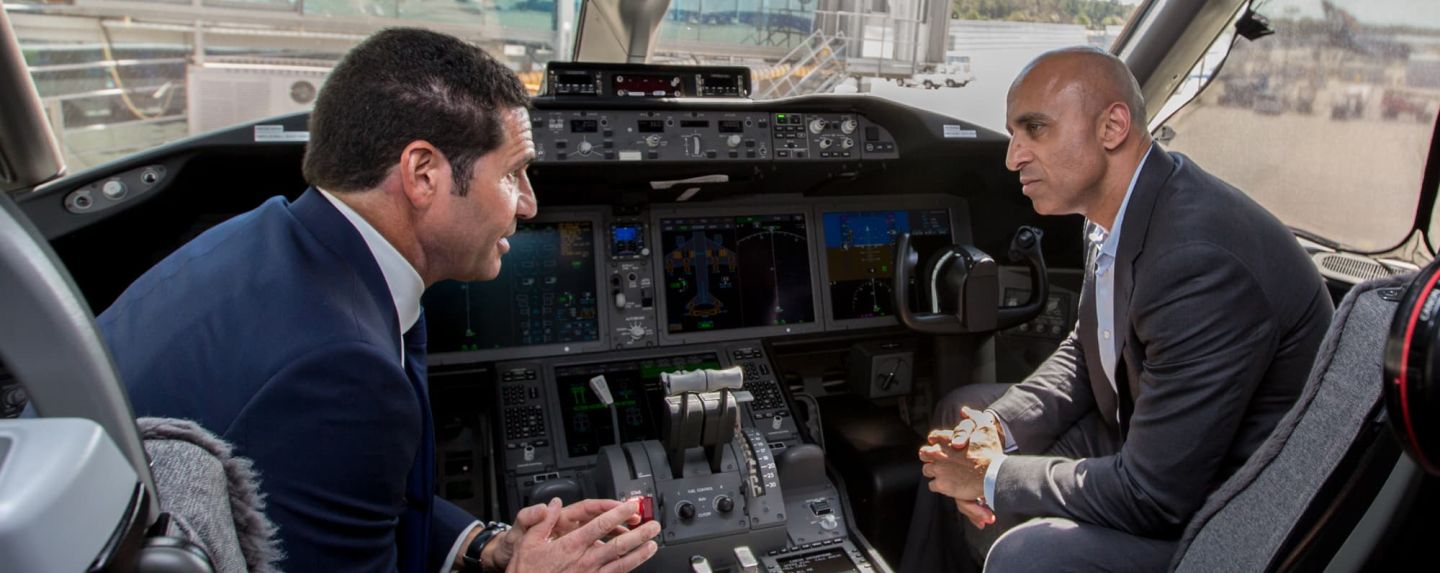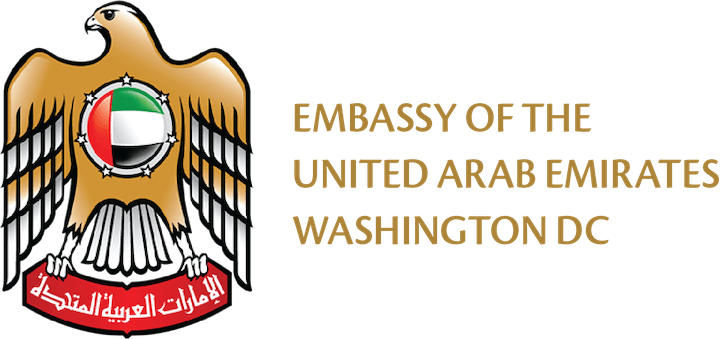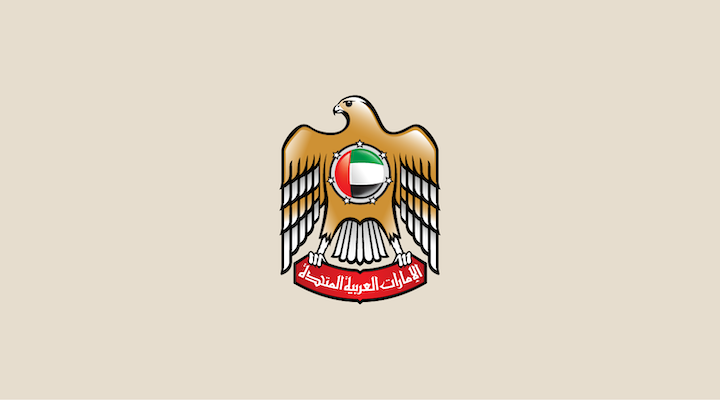
Open Skies Is A Win-Win Deal For The UAE And The U.S. - Op-Ed by Ambassador Yousef Al Otaiba
October 23, 2017
20 October 2017
Aviation Daily (Opinion)
When the first Etihad Airways 787-10 rolls off the line in Charleston, South Carolina in 2018, it will mark the 228th U.S.-made Boeing aircraft delivered to an airline from the United Arab Emirates (UAE).
But that is just half the story—Boeing is set to deliver at least another 300 planes to UAE airlines. This will include the first 777Xfor Emirates Airline—part of the largest aircraft order in history, announced in 2013.
Over the past 10 years, UAE customers ordered $150 billion in U.S.-made Boeing aircraft. These exports supported 781,000 U.S. jobs. UAE airlines’ ongoing orders will continue to support jobs at Boeing and its suppliers across the country.
Strong U.S. exports and American jobs are the direct result of an open skies aviation agreement that benefits both the UAE and the U.S. Since 1999, this win-win deal has provided equal access to each other’s international airline markets. Relying on the agreement, FedEx established its Mideast hub in Dubai, with more than 40 flights per week. UAE airlines now connect 12 U.S. airports to Dubai and Abu Dhabi and beyond with more than 250 weekly flights.
These flights deliver millions of visitors to U.S. cities, who spend billions of dollars at U.S. hotels, restaurants, shopping malls, attractions, universities, and hospitals. They bolster tax revenues for communities, increase revenue for airports, and provide connecting passengers for U.S. domestic airlines like JetBlue and Alaska, bolstering their ability to compete with larger carriers. According to the Los Angeles Economic Development Corp., a long-haul flight to Los Angeles such as Emirates’ generates $623.5 million in annual economic benefits.
But there is even more to the open skies success story.
The growth of our airlines is the most visible sign of the UAE’s overall economic success—a model of stability and growth in the Middle East. No country has benefited more from the UAE’s success than the U.S.
Since 2009, the UAE has been the U.S.’ largest export market in the region. The U.S. exported $22.4 billion to the UAE in 2016, resulting in a $19 billion trade surplus. Last year, the U.S. had a larger surplus with only Hong Kong and the Netherlands.
Open skies is working, delivering tremendous economic benefits to Americans. However, the “Big 3” U.S. carriers—Delta Air Lines, United Airlines, and American Airlines—are doing their best to undermine this high-flying success.
Generating record profits while also expanding their employee rolls, the Big 3 dominate U.S. domestic service. And taking advantage of government antitrust immunity, together with their joint-venture and alliance partners, the Big 3 control nearly 75 percent of transatlantic market share.
Now, the Big 3 want to expand their dominance and boost their profits by limiting competitive choice.
By distorting the terms of open skies, the Big 3 are trying to block international airlines like Etihad and Emirates from flying to the U.S. This will mean less choice and higher prices for U.S. consumers. And it could mean a smaller U.S. trade surplus, fewer jobs for U.S. workers, fewer non-stop international flights for U.S. communities, and fewer high-spending international visitors in U.S. cities.
Earlier this month, I visited Boeing’s Charleston, South Carolina, plant and met the employees who assemble the 787-10 for Etihad. I witnessed a busy plant producing cutting-edge aircraft, employing thousands of South Carolinians. But what I saw was just part of something much bigger.
The U.S.-made planes rolling off the line in Charleston and at other Boeing plants that are destined for UAE airlines will go on to connect people across the globe; generate business opportunities; and create jobs in the U.S., the UAE, and around the world.
It is an ongoing success story made possible only by open skies, a win-win deal that is working for both countries.
-Ambassador Yousef Al Otaiba
Ambassador Yousef Al Otaiba is the United Arab Emirates ambassador to the United States. He has served in the post since July 2008. During his tenure, he has helped strengthen economic and security relations between the UAE and U.S.




